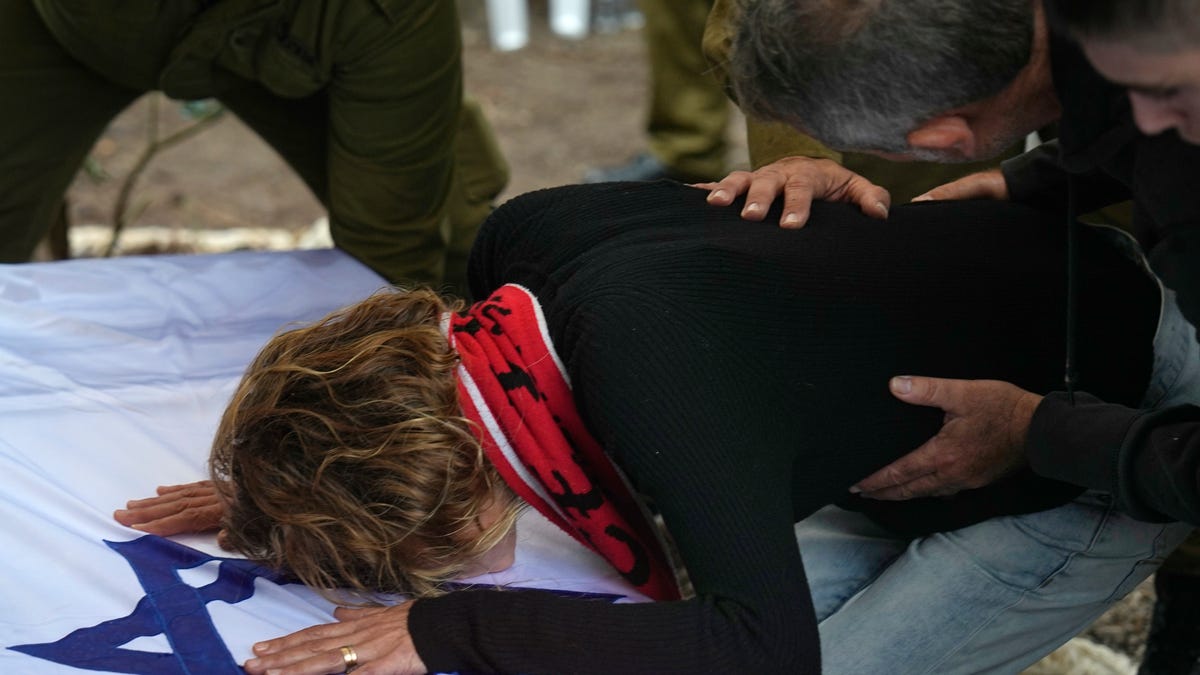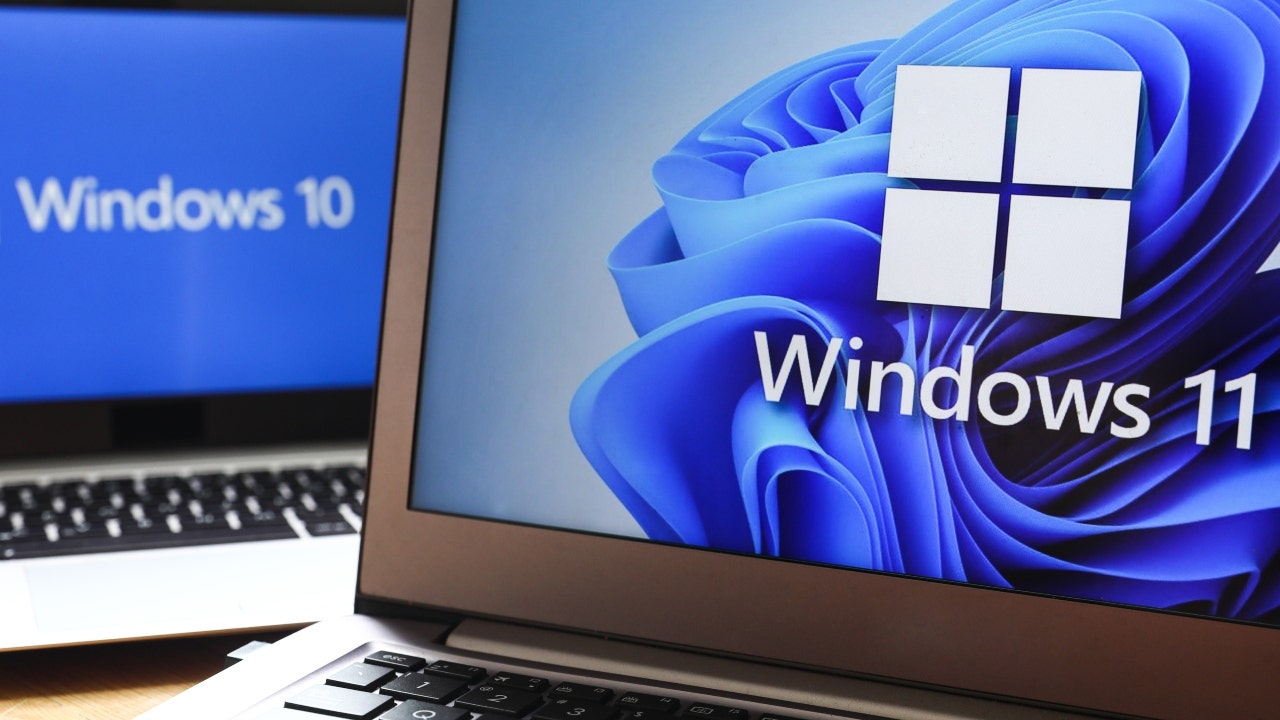
Israeli Prime Minister Benjamin Netanyahu said Sunday that a hostage deal with Hamas could be near but declined to discuss details to avoid derailing the delicate negotiations to free those taken captive during the militant attack on Israeli communities Oct. 7.
“I think the less I say about it, the more I’ll increase the chances that it materializes” he told NBC News’ “Meet the Press.”
Netanyahu credited Israel’s military pressure for getting Hamas to discuss the release.
“That’s the one thing that might create a deal,” he said. “We will talk about it when it’s there. We’ll announce it if it’s achievable.”
The hostage talks were drawing extensive and sometimes contradictory buzz. A Biden administration official confirmed a possible deal involving the release of about 80 women and children in exchange for the release of Palestinian women and teenagers held by Israel, NBC News reported. The official, which NBC did not name, acknowledged there is no certainty that any deal will come to fruition.
But Reuters reported that Hamas decided Sunday to suspend hostage negotiations because of Israel’s assault on Al Shifa Hospita, a Palestinian official briefed on the hostage talks told the news service
Developments:
∎ In Gaza City, the area around Al Shifa Hospital was slammed by heavy shelling. Palestinian officials say thousands of civilians have taken refuge there, but Israeli officials accuse Hamas of concealing a command post in the hospital compound. Hamas denies it.
∎ Israel’s military said there was a safe corridor for civilians to evacuate from Shifa to southern Gaza, but many Palestinians said they were afraid to go outside.
Newborn among dead: Medical devices lose power at Gaza’s largest hospital
Netanyahu has firmly rejected the Biden administration’s vision for postwar Gaza, saying the Palestinian Authority that now administers the West Bank will not assume governance over the war-battered enclave. Israel will retain overall security control and retain the right to attack any “terrorists who may pop up again,” Netanyahu said Saturday. Israel has been unrelentingly pounding Gaza since Hamas militants crashed over the border on a murderous rampage through Israeli communities on Oct. 7.
Netanyahu, who credited the Israeli assault for pushing Hamas closer to a deal to free hostage, vowed not to “cave” to global pressure to cede control of Gaza to Palestinian Authority President Mahmoud Abbas.
“There will … not be a civil authority that educates its children to hate Israel, to kill Israelis, to eliminate the State of Israel,” Netanyahu said. “There cannot be an authority whose leader still has not condemned the terrible massacre 30 days later.”
Hezbollah leader Hassan Nasrallah called to increase global demonstrations against Israel over the war in Gaza but again declined to fully engage his militant group in support of Hamas. Nasrallah said only the U.S. and Britain are fully supportive of Israel in the war, noting that Western leaders who initially condemned Hamas over the Oct. 7 attack were now urging a cease-fire and called for international pressure to be directed at the U.S.
Nasrallah, in a translation by the Times of Israel, said Hamas supporters must be willing to extend the war to weaken Israel, saying the Israeli economy had suffered “tens of billions of dollars of losses … in spite of the $14 billion of military aid provided by the U.S.”
The strife on U.S. college campuses prompted by the war in Gaza has many Jewish and Muslim families drawing up a new set of criteria for which schools they hope their kids will attend next year. Over the next few months, exactly how college leaders navigate the protests and hate speech could have a notable impact on which campuses parents and students ultimately choose. For Jewish students in particular, the mayhem has the potential to accelerate a trend over decades of declining Jewish enrollment at the country’s most selective schools, where much of the controversy related to the war has been centered.
“There’s a reckoning going on with Jewish families and inside many of these institutions,” said Naomi Steinberg, a private college counselor in Florida who works mostly with Jewish students and parents. Read more here.
− Zachary Schermele
Choosing a college is hard. The Israel-Hamas war is making it harder
Contributing: The Associated Press

Abhinav Thawait is a globe-trotting correspondent with a passion for international affairs. With a background in international relations, he offers a global perspective on the most pressing issues around the world. Abhinav’s curiosity takes his to the far corners of the earth, where he seeks to share untold stories and diverse viewpoints.








